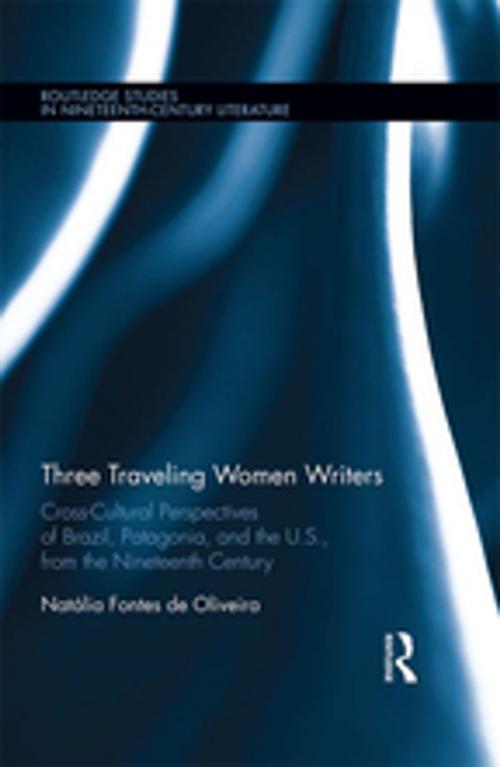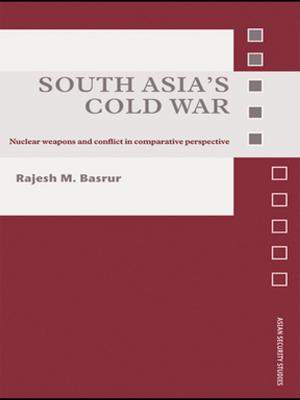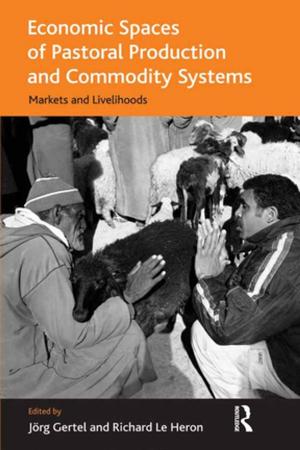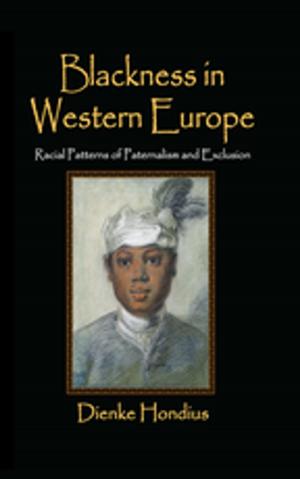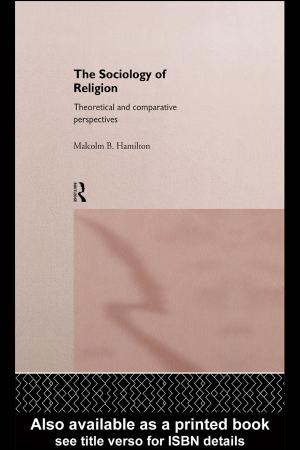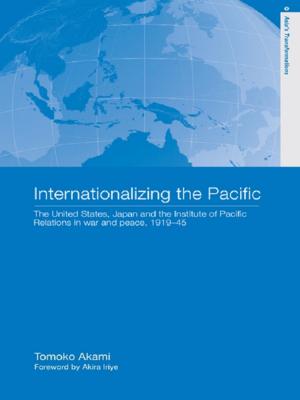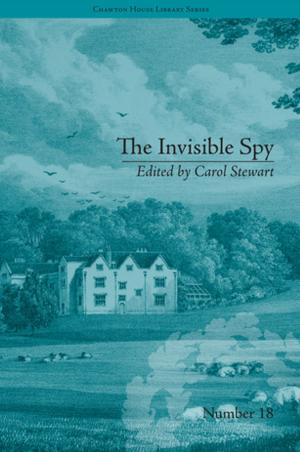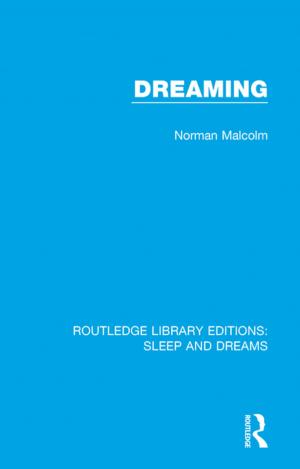Three Traveling Women Writers
Cross-Cultural Perspectives of Brazil, Patagonia, and the U.S from the Nineteenth Century
Fiction & Literature, Literary Theory & Criticism, Feminist Criticism, American| Author: | Natália Fontes de Oliveira | ISBN: | 9781351587730 |
| Publisher: | Taylor and Francis | Publication: | September 13, 2017 |
| Imprint: | Routledge | Language: | English |
| Author: | Natália Fontes de Oliveira |
| ISBN: | 9781351587730 |
| Publisher: | Taylor and Francis |
| Publication: | September 13, 2017 |
| Imprint: | Routledge |
| Language: | English |
This book presents an alternative framework for reading nineteenth century women’s travel narratives by challenging the traditional paradigms which often limit women’s space in print culture. For the first time, through a comparative lens, a Latin American woman’s travel narrative is analyzed concomitantly with the narratives of a North American and a European writer. Contrary to the common assumption that Latin American women were powerless victims of imperialism, elite women had access to the predominant philosophies of their time, traveled around the globe, and wrote about their experiences. This book examines how an Argentinian writer, together with an English and an American writer, manipulate their bourgeois identity to inhabit the male dominated sphere of print culture. By travelling and publishing travel narratives, the three traveling women writers search for empowerment to establish their authority as writers and shapers of knowledge in literature. Utilizing several concepts and criticisms, including Aristotle’s rhetoric, Foucault’s theories, travel writing criticism, postcolonial discourse, and feminist literary criticism; this volume attempts to challenge old-fashioned architypes and confinements of gender for traveling women writers in the nineteenth century.
This book presents an alternative framework for reading nineteenth century women’s travel narratives by challenging the traditional paradigms which often limit women’s space in print culture. For the first time, through a comparative lens, a Latin American woman’s travel narrative is analyzed concomitantly with the narratives of a North American and a European writer. Contrary to the common assumption that Latin American women were powerless victims of imperialism, elite women had access to the predominant philosophies of their time, traveled around the globe, and wrote about their experiences. This book examines how an Argentinian writer, together with an English and an American writer, manipulate their bourgeois identity to inhabit the male dominated sphere of print culture. By travelling and publishing travel narratives, the three traveling women writers search for empowerment to establish their authority as writers and shapers of knowledge in literature. Utilizing several concepts and criticisms, including Aristotle’s rhetoric, Foucault’s theories, travel writing criticism, postcolonial discourse, and feminist literary criticism; this volume attempts to challenge old-fashioned architypes and confinements of gender for traveling women writers in the nineteenth century.
